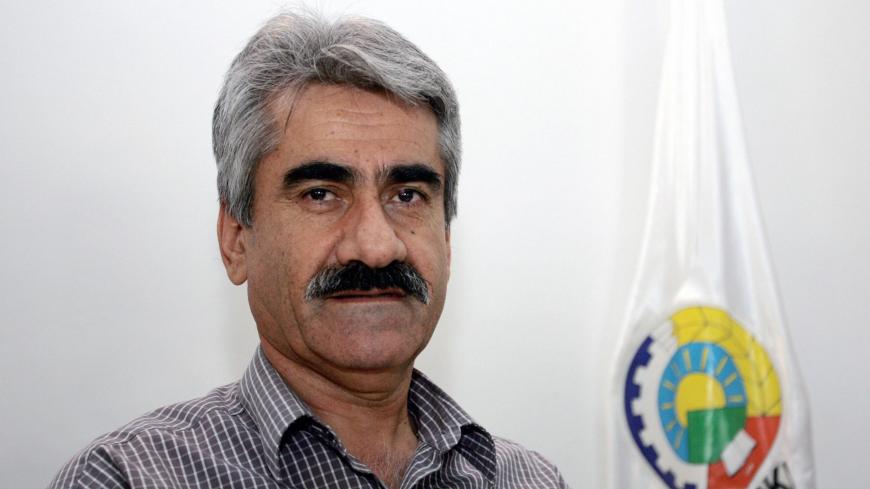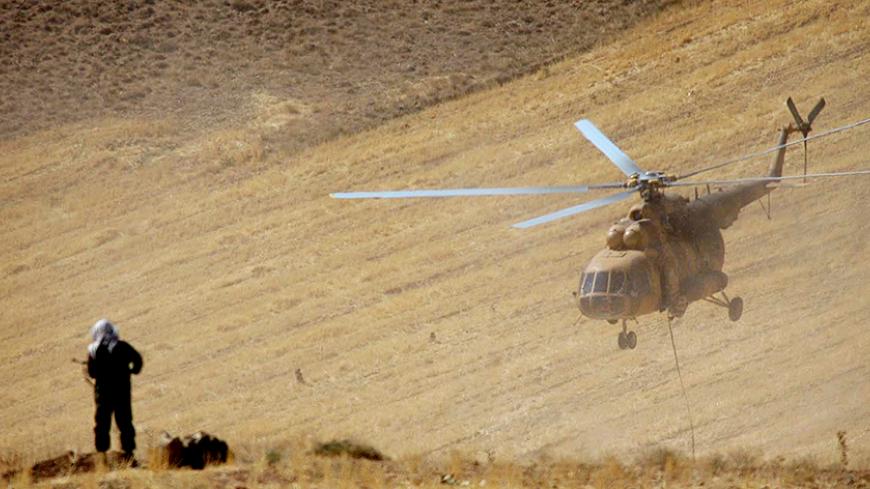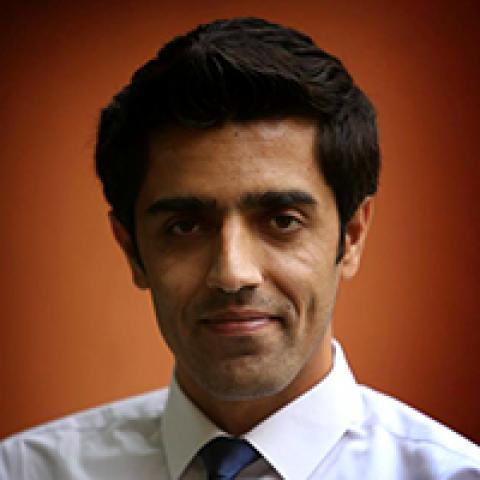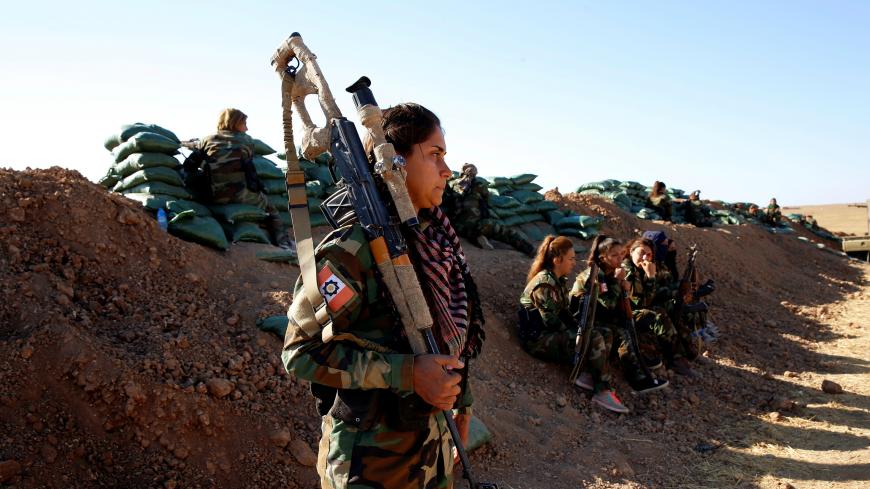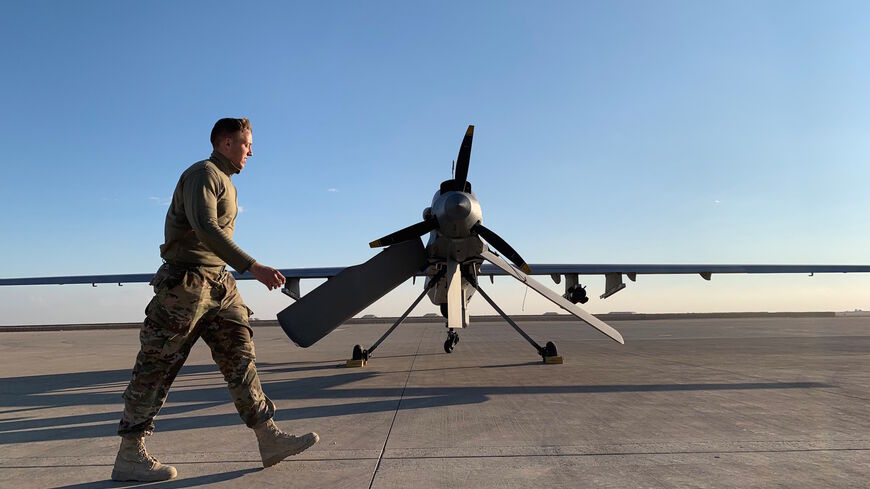Will Iranian Kurds be on front lines of US conflict with Iran?
The US administration appears to increasingly be looking at armed Iranian Kurdish opposition groups as part of its campaign to economically and militarily pressure Iran.

The Donald Trump administration is moving to increase pressure on Iran from Iraqi Kurdistan by appointing an Iran expert to head the US Consulate in Erbil. The move comes as armed Iranian Kurdish opposition groups have intensified their attacks on Islamic Revolutionary Guard Corps (IRGC) positions in western Iran.
Washington replaced Ken Gross, the outgoing consul general, with Steven Fagin, director of the Office of Iranian Affairs at the State Department’s Bureau of Near Eastern Affairs. The appointment appears to be part of Secretary of State Mike Pompeo’s effort to dent Iran’s ability to operate in the region amid the looming reimposition of US sanctions. The United States seeks to exert “unprecedented financial pressure” on Iran until it forces Tehran to make a “tangible, demonstrable and sustained shift” in policy, Pompeo said in a recent letter, co-authored with Treasury Secretary Steven Mnuchin, to the European Union. On July 22, Pompeo delivered a speech to a California audience, including a number of Iranian Americans, in which he attacked the Islamic Republic, comparing its leadership to a mafia.



